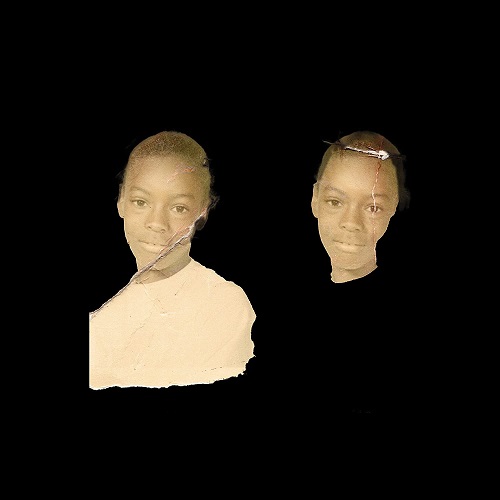The positive press on his latest album shows it once again: nowadays, Vince Staples is an established rapper. Each time, his records are praised by both specialized and generalist medias. And there are good reasons for this. First and foremost, he is on a major label. Also, his music is of the mature and varied kind. This is some post-modern kind of hip-hop, emancipated from any style, and produced by heavyweights from diverse horizons, for example DJ Mustard, DJ Dahi and Kenny Beats. And his lyrics are full of social commentaries, addressing his subject matters in a cold and critical way.

Vince Staples says the exact same thing as the most commonplace gangsta rappers: that he is a product of his environment. Like them, he is anchored into his own 'hood. Ramona Park, as far as he is concerned, in Long Beach. His Californian roots are visible, through DJ Mustard's work on the "Magic" single, and g-funk influences translating into organic and bass-heavy sounds, and a song called "DJ Quik".
Like others, he talks about tough surroundings. He says the street is his mother, on "Mama's Boy". That it anesthetized him, and made him impervious to passion and sentiments.
She said she in love, what's that?
This is what Staples asks on "Rose Street". He has no feeling, no sentiment. He doesn't sing any romance. He brings flowers to no-one, except for the tombs of his dead buddies. He has no affection, except for his gun on "When Sparks Fly", or the Crips and the Bloods, according to "Magic".
In short, this rapper is like all others. Except that his voice is numb, his music is ghostly, his mood is dark, and pessimism is prominent. Vince Staples faces his problems. Contrary to his peers, he doesn't hide his anguish behind walls of money, or a thuggish arrogance. He is not trying to flee them through an excess of drugs, nihilism, and carnal pleasures.
No. He does state things clearly and shortly, like on Magic":
Momma met my daddy
Then they had me in the ghetto
Handed me a .38 and told me I was special
Here it is. Done. End of the story.
Staples gets recognition from lyrics that are more intelligible than the collection of punchlines, other rappers tend to prefer. He gets it from his ability to hijack gangsta clichés, and to make their meanings more explicit, like when the tribute to his dead or incarcerated friends on "AYE! (Free The Homies)" turns into a social report, when the district he represents on "Lemonade" is depicted as a prison, when having sex with girls he doesn't love becomes a tragedy on "Player's Ways", when the money anthem "Papercuts" is everything but triumphal, or when DJ Quik's old slogan ("If it don’t make dollars, it don’t make sense" ) loses all meanings.
It is that distant way to approach his subject matters, that protestant kind of austerity he underlines with an apathic flow, this "conscious gangsta rap", that provides him, for better or for worse, with consideration from the medias.
This consideration, however, is well-deserved. Several pieces on the album prove it. Others, before Vince Staples, celebrated their guns, but "When Sparks Fly" is particularly successful at that, with its sample of Lyves's "No Love", its ethereal sounds and its double-entendres. The next track, "East Point Prayer", is as ghostly, and it is a great L.A. / Atlanta combo, as Lil Baby brings his own perspective on Staples' theme: struggling against adversity, winning despite everything. As for "Rose Street", it is the perfect anti-love song.
Vince Staples is at his best when he looks back at the past, like when he reminisced about the summer of 2006 on his first album, now broadly considered as his masterpiece. This new record titled after his childhood 'hood shows it once again: it could well be his best since Summertime ‘06.
